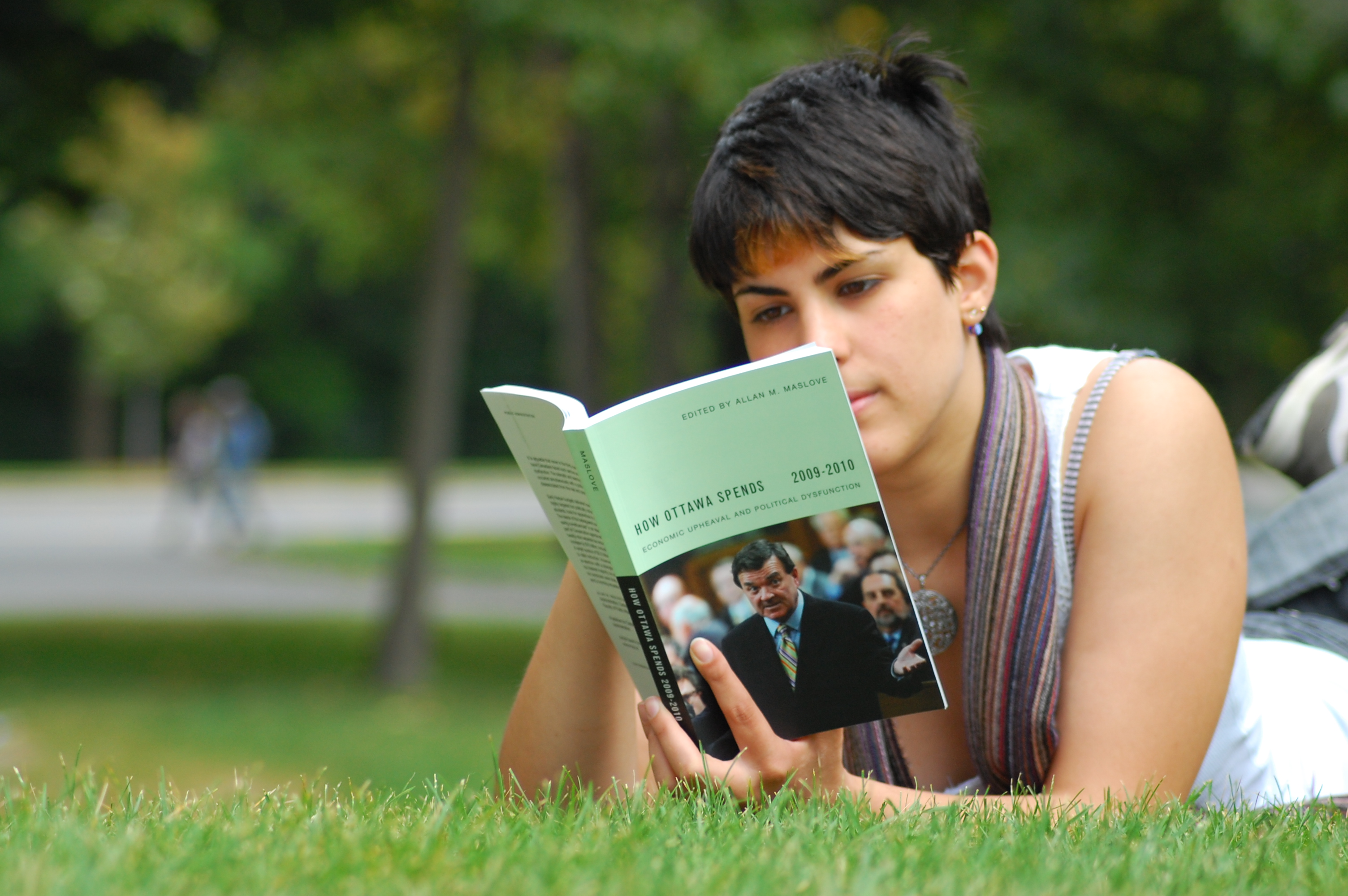
The student said:
"I'm a first year college student and I often struggle with slow reading. I started reading when I was 4 and always loved it. I started to become more affected by the speed at which I read when I was in the 4th grade. I read really slowly, but I comprehended everything I read. Going through middle school I started figuring out how my brain processed stuff. I do really well with memorizing things because I picture them in my mind. Colors and shapes come to mind for every word, date, or number I confront. Then when I go to recall the thing, it's a color sequence, not an actual word. This, I realized, was the cause for my slow reading. I had to read every word and turn it into a color/shape. Now I'm in college and my professors have little sympathy for slow reading. I struggle a lot because the only way I can memorize things is by picturing them, converting them, and processing the information, but by the time I do that I'm way behind. I want to know if there's something wrong with me, or if it's just how I learn best. Is there anything I can do to convert things faster or some way I can make the synapses more efficient?"
And I advised her:
What can you do to convert things faster? You must use your visualisation to see words as pictures = words instead of colors or shapes [which will, no wonder, slow you down!].
Start with seeing shapes as you normally do. This is familiar and you're good at it.
Now start teaching yourself to see the shapes of words = what they look like when written.
To do this you must observe a lot and carefully. Observe what letters and then words look like. Start with simple 3-letter words like cat, dog, fox, bed, pen, etc. Write each word on a separate A4 blank paper, put the paper in front of your face at or slightly above your eye level, and look at the written word for 15 seconds. Then close your eyes. Do you see the word? Or has it quickly faded? Or do you see something else? If you see the word, how do you see it? Are the letters big enough to see them comfortably but not so big that you don't see the whole word? Are they on a background of a contrasting color? Are they in upper case or lower case? And if you tried seeing the letters in the other case, would that be less or more comfortable? Experiment with this.
Can you spell the word forwards and backwards while seeing it? If you can, you definitely see the word, which is important!
Is there something actually wrong with you? Yes! You have developed the wrong habit of visualising for seeing words. For seeing words you need to see words. Seeing shapes or colors is the wrong tool for this job. This is the only thing that's wrong with you. Absolutely nothing else. And you can change the ways your brain works! Being present in the moment and really conscientious in working with yourself is the only way forward. Once you start seeing words as words instead of as colors or shapes, your reading speed will rapidly improve! Fast readers recognize whole words as blocks at the back of their brains, not letter by letter. Slow readers read slowly, because if they can see letters at all, they look at them letter by letter. You need to see whole words and once you get good at this with practice, your brain will automatically send them to its back part.
Your fantastic memory is another superb asset that you can use here. Photographic memory is the best type of memory one can have - especially for seeing words! So when you write a word on a blank A4 paper, take it up to your eye level, look at it, take a picture of that word in your imagination. Teach yourself to see the word as if it was a photo in your head. When you see the word as a photo, you see it as a block which I mentioned above.
Practice. All these exercises here are to be done only initially until seeing words as blocks becomes automatic for you. Once it does, you'll be reading so fast anyway that you won't have time for all this. This will get you started on the right track - teach the brain a new way of thinking.
And remember these tips:
Always hold any page you're reading in front of your face at or slightly above your eye level. That's where your visual field is. Never hold your reading material in your lap so that you have to be looking down to read it! Never! Because there you'd be in your feelings which is the wrong tool for a visual job as is reading!
Whenever you read, sit with your both feet firmly on the ground. This will give you grounding and extra sense of calm, safety, and security.
When reading, do your best not to subvocalize, i.e. not to pronounce the words in your head. This would also slow you down. If you don't do it, great. If you do, gradually teach yourself not to do it.


No comments:
Post a Comment